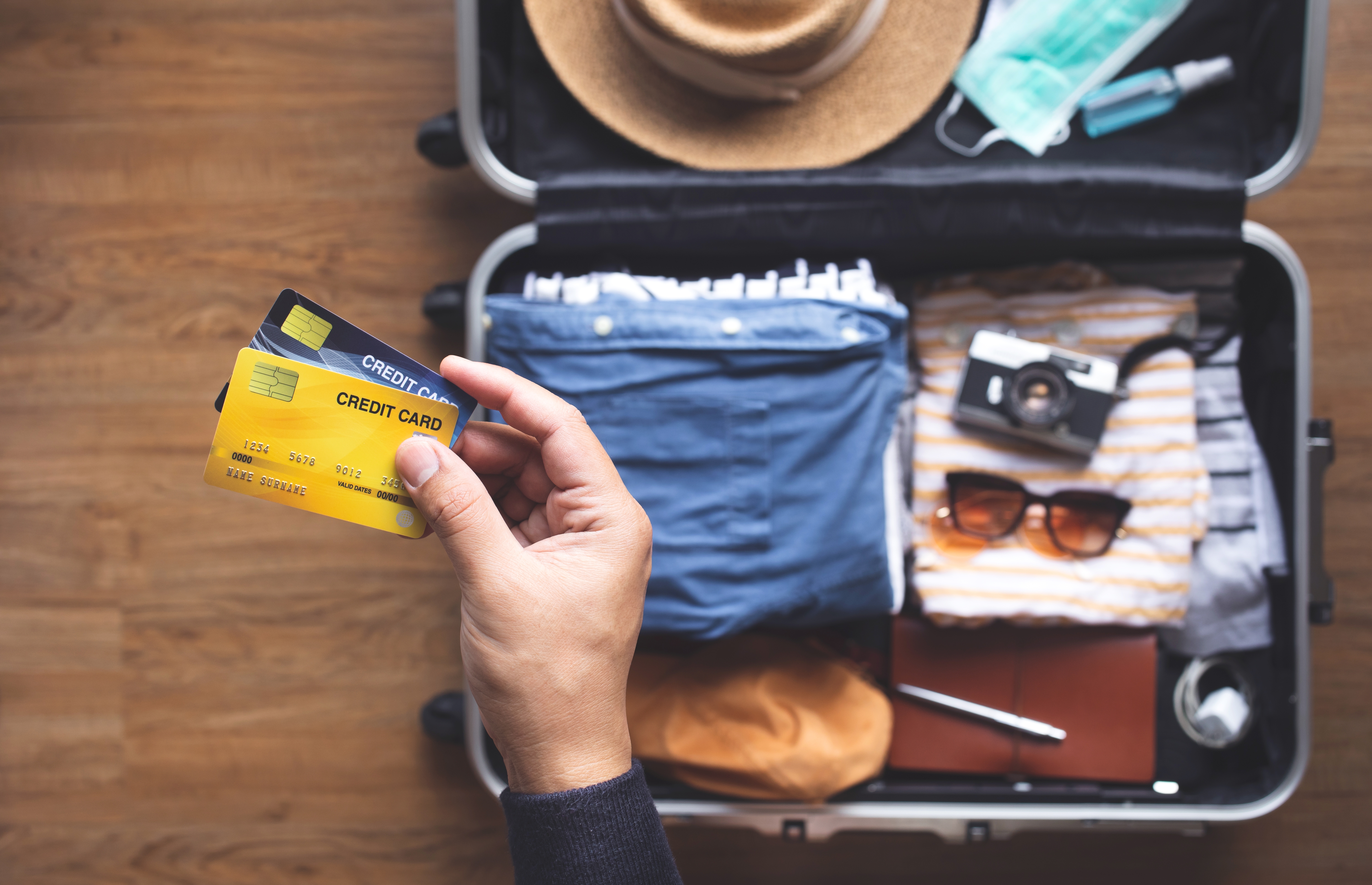How to avoid scams when booking a holiday

January is the most popular month of the year to book a holiday but, if you are planning a getaway, you'll need to be on your guard against scammers.
A new report by the cybersecurity provider Kaspersky has uncovered a series of spoofed websites impersonating travel companies.
Holiday scams are big business, with data from Action Fraud showing more than £15m was lost by victims in the 2022-23 financial year.
Read on to learn more about how to spot and report holiday fraud.
Sign up for scam alerts
Our emails will alert you to scams doing the rounds, and provide practical advice to keep you one step ahead of fraudsters.
Sign up for scam alerts
Copycat websites
Kaspersky reports that scammers are sending phishing emails and publishing social media posts that contain links to copycat travel websites.
The hotel booking site Booking.com, budget airline Ryanair and travel agency TUI have been targeted by scammers copying their branding and company logos.
A copycat Booking.com site even includes a pop-up chat from a fake 'customer service' representative, encouraging you to make a booking.
In another example, a dodgy survey website offers 'two free tickets' for a Ryanair flight. The site includes fake reviews in an attempt to appear genuine.
Kaspersky says with this scam, victims may not realise they've lost money until they try to check in for their flight, only to find out their booking doesn't exist.
How to spot holiday scams
Some holiday scams can be harder to spot than others, but following these tips should help ensure you're booking from a genuine site.
- Is it too good to be true? Be suspicious of incredibly cheap deals and free holiday competitions.
- Check your protections If you’re buying a package holiday, check it’s Atol protected. You can also check if the company advertising the holiday is an ABTA member.
- Is it the correct URL? Double-check the URL on any websites you visit. Scammers often set up copycat sites with slightly different URLs, making them difficult to spot.
- Look up when the site was registered You can check when a site was registered on Who.is. If a site is brand new, or has been registered in a different country than it claims to operate in, this can be a red flag.
- Don't pay by bank transfer If bank transfer is the only payment option, it might be a scam. Fraudsters often ask for money by bank transfer as it's harder to trace.
- Check multiple review sites Dodgy reviews are commonplace, so if the company you're using isn't well-known, check reviews on several websites.
If you have been scammed, contact your bank immediately. Report the scam to Action Fraud or call the police on 101 if you’re in Scotland.










